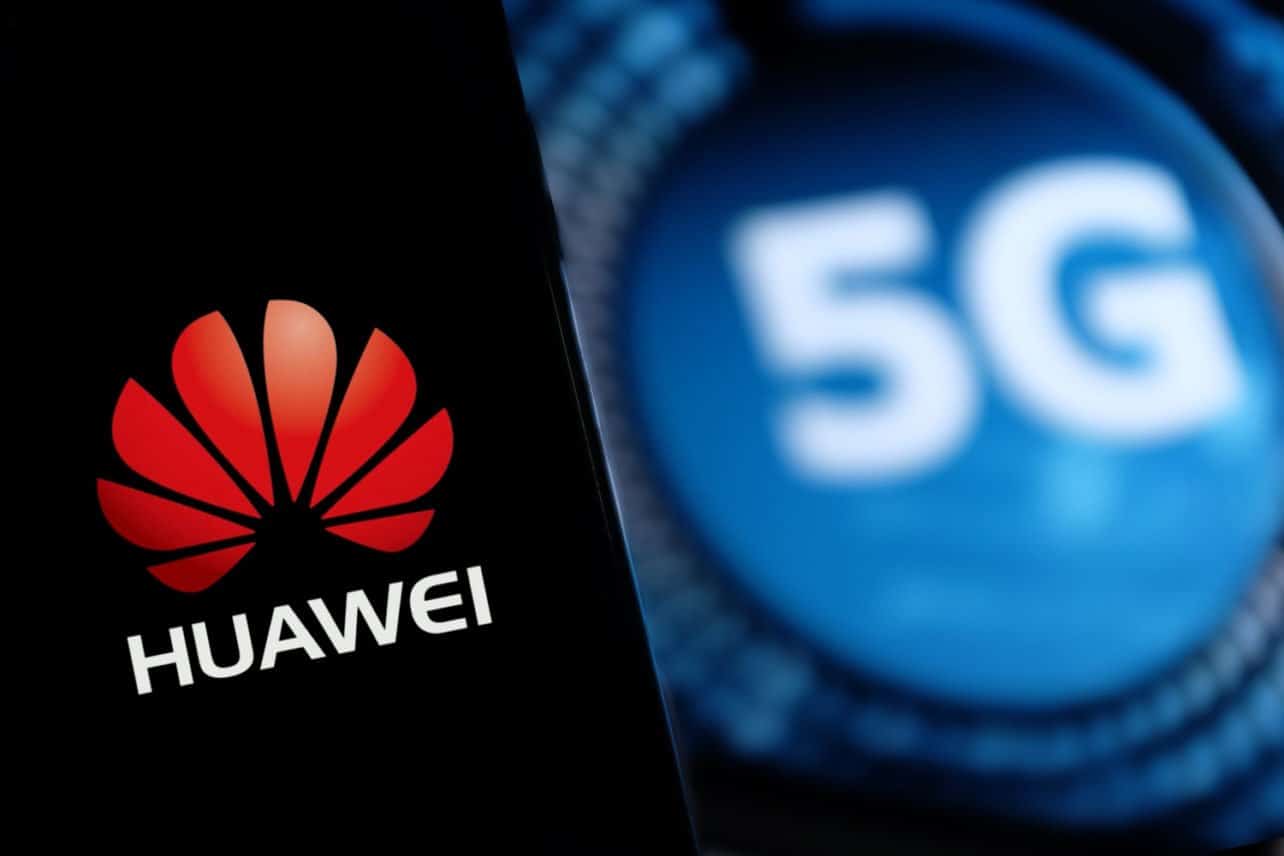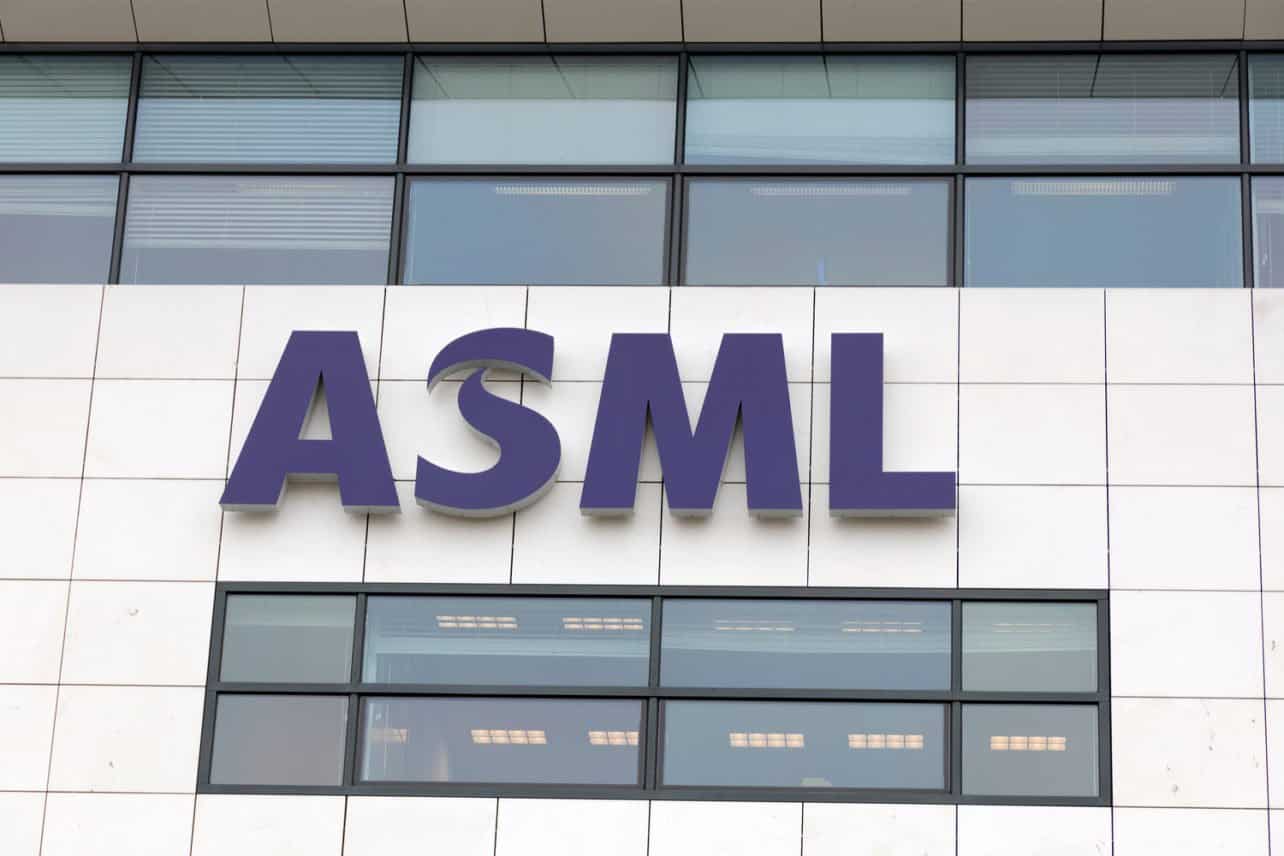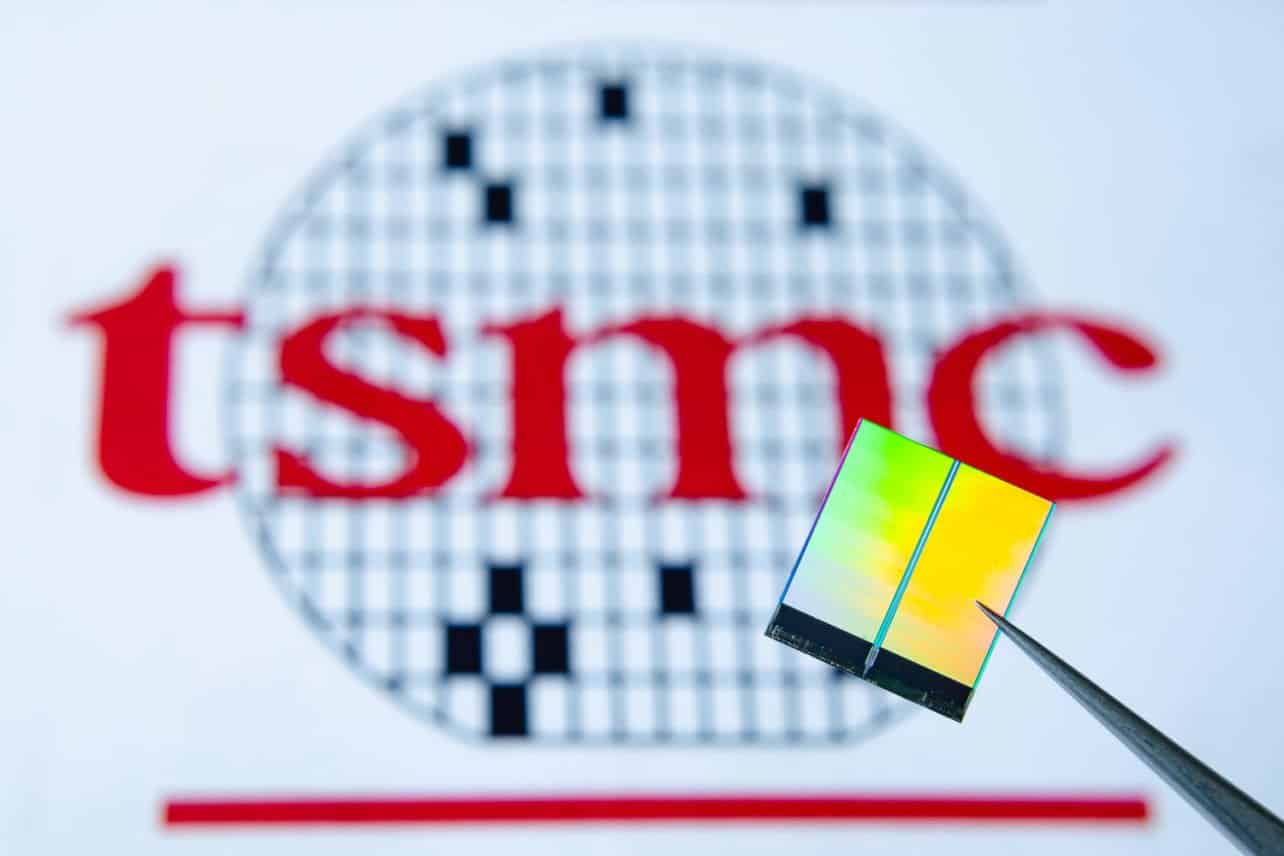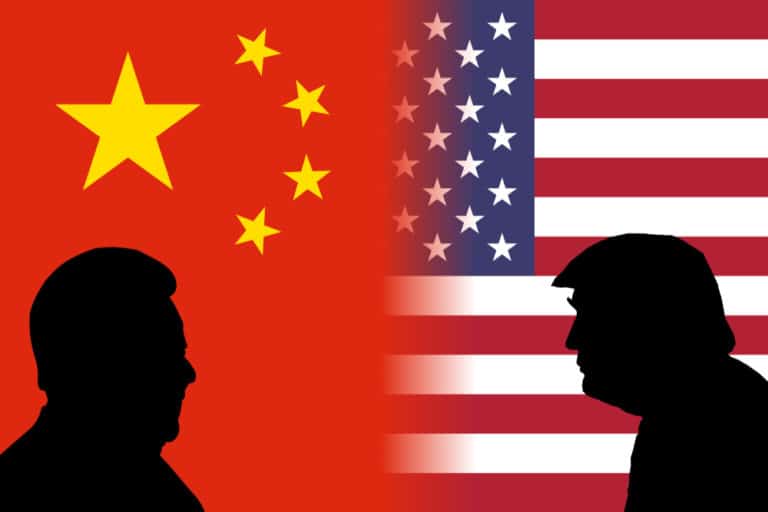U.S. President Donald Trump has tightened the thumbscrews by extending and strengthen Huawei’s trade ban. The company itself now indicates that it is going to get into trouble, it needs a solution. The chance that China will allow one of its largest companies to collapse because of Trump’s policies seems out of the question. We have to wait and see what China is going to do; import duties, trade bans and even military intervention are not excluded by some analysts.
Trump recently extended the trade ban for U.S. companies with Huawei by one year. Trump has now also ensured that chip manufacturers using American technology are no longer allowed to supply Huawei. Huawei has indicated that it is looking for a solution, but that the future of Huawei can become in real danger.
Last year, we visited Huawei in Shenzhen during a major event of the company and spoke to several executives. It soon became clear to us that despite the trade ban, Huawei was doing everything possible to come up with alternative solutions for American technology. Our conclusion at the time was that with the trade ban, the U.S. government is making Huawei even more dangerous. By coming up with good alternatives for American technology, they will no longer buy American products, even without a trade ban. Take, for example, the Kunpeng chip, which is already a good alternative for Intel processors in the data center.
Trump aims for Huawei’s core products
It’s now more than a half year after we published the story about how Huawei can become more dangerous to the U.S. economy. The U.S. now seems to be even more committed to demolishing the Chinese company. Not only has the trade ban been extended by a year, but they have also found the weak spot of Huawei. By going after the core of every product, they can really damage the company. All chip manufacturers using American technology are no longer allowed to supply Huawei with chips. Previously the ban seemed to apply only to American companies, but now it applies to all American technology.

One of the companies that are no longer allowed to supply Huawei is the Taiwan Semiconductor Manufacturing Company (TSMC). Until recently, this Taiwanese chip manufacturer produced all the chips for Huawei. From the Kirin chips in the smartphones, the Kunpeng chip in the data centre to specific network chips. Huawei has a department that can design excellent chips, but if you can’t have them manufactured, you have a problem. Huawei has now recognised that big problem, it indicates that the survival of the company is now in jeopardy.
Espionage complaint is a distraction. The real reason is world domination
The U.S. government still maintains that the reason for the trade ban has to do with espionage. According to U.S. officials, Huawei would be able to use its network technology and smartphones to tap or eavesdrop on calls and internet traffic and then pass it on to the Chinese government. There is no proof that Huawei can do this, there is no proof that Huawei has ever done this. The U.S. government refuses to come up with evidence, even after Huawei itself has called for the evidence to be made public. Huawei has also released its source code for inspection to all Western countries, in an attempt to be completely transparent. It is also ironic since it was the U.S. own NSA (Nation Security Agency) who placed backdoors in Cisco equipment for espionage a couple of years ago. Something Edward Snowden made public to the world, which changed the internet forever.
China may not become a technological world player
The real reason for Huawei’s trade ban is to slow China down to become a dominant technological world player. China has presented a plan called “Made in China 2025” in which it has formulated the ambition to become a dominant world player in 2025 in terms of technology. China wants to lead the way with AI, machine learning, Big Data and other new technological developments. The U.S. sees this as a threat because they are currently the most advanced technological country. About 90 percent of all large IT companies come from the United States or have been bought by American companies.
As long as China produces simple products at low prices, no one saw any danger in China. Now that the country wants to develop to a higher level and even try to dominate the world with technology, the country suddenly becomes dangerous. Previously it was always assumed that Western countries would keep an advantage over China, now that that advantage seems to disappear, the situation becomes grimmer.
The U.S. has been trying to put pressure on allies to work against China for a while now. At the beginning, mainly with the espionage story, but nobody seemed to buy that story. Since there is no evidence, Huawei wasn’t banned anywhere in Europe. Some countries did take precautions, by banning Huawei from their core telecom networks, but the rest of the network is fair game.
The Netherlands and the United Kingdom follow the U.S.
There are now two countries in Europe that are following the U.S. to a certain degree. At the beginning of this year, the U.S. put pressure on the Dutch government not to renew ASML’s export license to China. Not much pressure was needed, the license was revoked. In 2019, the Dutch published a report on the trade interests between the Netherlands and China. It described opportunities and dangers. Among other things, it describes how China wants to gain world domination through technology. That technology can provide freedom, but it can also restrict or take away freedom.

ASML is the only manufacturer in the world that creates machines with which chips can be produced. ASML is based in the Netherlands and needs an export license to supply these machines to China, which they are not allowed to do anymore.
In the United Kingdom, they decided, after a long discussion in January, to allow Huawei to build 5G-networks for telecom providers. They only limit was that Huawei would not be allowed to supply equipment for the core network. Now, four months later, the government is coming back to this decision. By 2023, Huawei will have to be removed altogether from the British networks. The UK would have taken this step to do the U.S. a favour and in this way be able to conclude a better trade agreement with the U.S. Which is necessary because of the Brexit.
What will China do, diplomacy, trade bans or military intervention?
The tension between China and the United States is on a very high level, because of the Huawei trade ban and other restrictions on Chinese goods. Initially, Trump was only expected to seek a new trade agreement with China to enforce more favourable conditions for the U.S. In the meantime, it is becoming increasingly clear that he wants to keep China under his thumb and bring a lot of production back to the U.S.
Last year, China imposed some restrictions on trade by American companies in China. The Chinese are still considering what the best way forward is. We are counting on some American products being restricted in China. However, the fact is that this does not affect the U.S. or it’s economy. If Apple is not allowed to sell iPhones in China, that’s a pity for Apple, but that is it. Probably there will be a ban on other products as well, or China will increase the export costs to the U.S. As a result, many products in the U.S. will become considerably more expensive, which will put Trump under pressure in its own country. The disadvantage of this measure is it will also cost Chinese companies revenue, and it will probably lead to more tensions or measures from the U.S. against China.
Diplomacy is the best way forward
Ultimately, China must look for a solution for Huawei and also make the policies of the U.S. go away for the 2025 plan to succeed. Huawei has built up a large stock of chips for now. The company has ordered a lot of extra chips in the past year, but they will run out eventually. The best way for China seems to be through diplomacy by concluding a new trade agreement with the U.S. and a free trade agreement for Huawei.
Another alternative is military intervention in Taiwan
A less optimistic scenario mentioned by some analysts is military intervention in Taiwan. After all, there are only a handful of chip manufacturers in the world, and that’s where Huawei’s biggest problem lies. Other chip manufacturers like Intel and GlobalFoundries are closed for Huawei since they are U.S. based companies. Samsung could be an alternative. The South Korean company has several chip factories, but the U.S. market is a significant market for Samsung where it makes a lot of profit, the question is whether they want to put that at risk for Huawei. The chances are that Samsung will decline as well.
Then there is Semiconductor Manufacturing International Corporation (SMIC). A Chinese chip manufacturer that only has obsolete ASML machines at its disposal. SMIC was about to get a modern EUV machine from ASML, but then the export licence was revoked by the Dutch government.

Finally, there is TSMC. This Taiwanese chip manufacturer stopped producing chips for Huawei under U.S. pressure. Taiwan is seen in the West as an autonomous region or an independent country. This is how it is primarily governed. In China, however, Taiwan is considered a province that thinks it’s independent. Taiwan sees itself as a sovereign state. China has repeatedly put pressure on companies and countries if they enter into too close relations with Taiwan or recognise it as an independent country.
Analysts argue that China could opt for military intervention. Where it would occupy Taiwan and put Taiwan under full Chinese control. In addition, the TSMC factories would be on Chinese territory and the company would be able to supply Huawei again. TSMC does have EUV machines at its disposal. The only question is how the U.S. will react to this, such a situation can quickly get out of hand.
Conclusion
All in all, this has become a very political discussion. It no longer seems to have anything to do with espionage, but with the position of power in the new technological world. Especially the U.S. does not want to lose that position to China. In Europe, there seems to be little policy for technological world domination. Europe probably believes in globalisation, world trade and have resigned themselves to the fact that they will never become a significant technological world power. In any case, let’s hope that military intervention and bloodshed will not take place, but that a diplomatic solution will follow. For Huawei’s sake, it will hopefully happen soon. It remains to be seen whether Trump is willing to do so.
